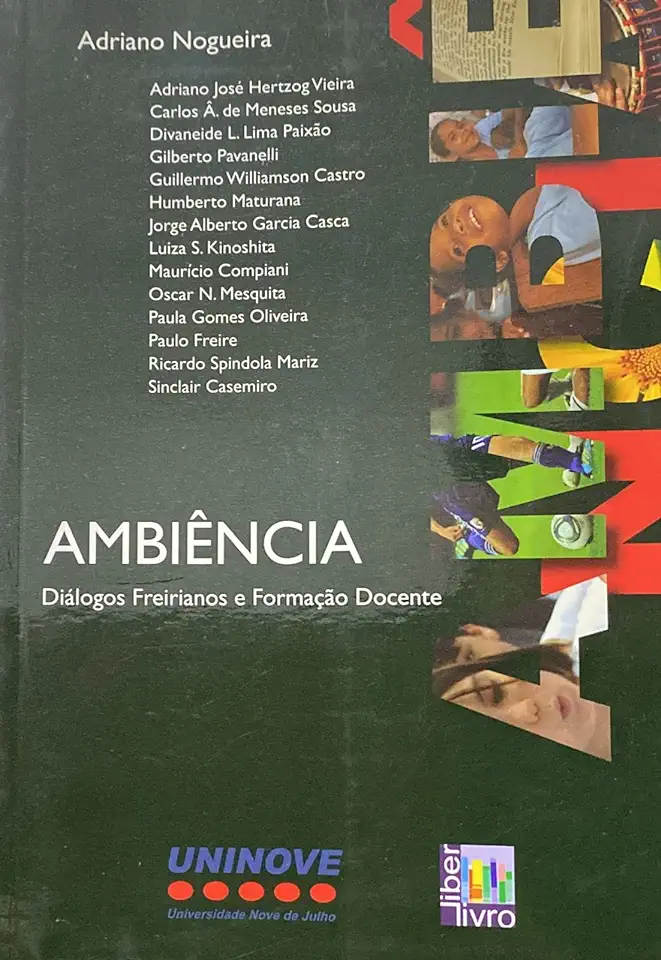
DIALOGIC FREIREAN ENVIRONMENT AND TEACHER TRAINING - Adriano Nogueira
Dialogic Freirean Environment and Teacher Training: A Transformative Approach to Education
In his groundbreaking book, "Dialogic Freirean Environment and Teacher Training," Adriano Nogueira presents a compelling vision for transforming education through the creation of dialogic learning environments inspired by the work of Brazilian educator Paulo Freire. Nogueira argues that by fostering critical thinking, collaboration, and social justice, educators can empower students to become active participants in their own learning and agents of positive change in their communities.
Key Concepts and Principles
At the heart of Nogueira's approach is the concept of dialogic learning, which emphasizes the importance of open and respectful dialogue between teachers and students. This approach challenges the traditional teacher-centered model of education and instead positions the teacher as a facilitator of learning, guiding students to explore complex ideas and develop their own understanding.
Nogueira also draws on Freire's concept of conscientization, which refers to the process of becoming critically aware of one's own reality and the social structures that shape it. By engaging in dialogic learning, students develop the ability to critically analyze their own experiences and the world around them, leading to a deeper understanding of social issues and a commitment to social justice.
Creating a Dialogic Freirean Environment
Nogueira provides practical strategies for creating dialogic learning environments in the classroom. These strategies include:
- Establishing a climate of trust and respect: Teachers should create a safe and supportive environment where students feel comfortable expressing their ideas and opinions.
- Encouraging student participation: Teachers should actively involve students in the learning process by asking open-ended questions, facilitating discussions, and providing opportunities for students to share their thoughts and experiences.
- Using a variety of teaching methods: Teachers should use a variety of teaching methods to engage different learning styles and promote active learning. This may include lectures, discussions, group projects, and simulations.
- Providing opportunities for reflection: Teachers should provide students with opportunities to reflect on their learning and to connect their experiences to the broader social context.
The Transformative Power of Dialogic Education
Nogueira argues that dialogic Freirean education has the power to transform not only individual students, but also the entire educational system and society as a whole. By empowering students to think critically, collaborate, and work for social justice, dialogic education can help to create a more just and equitable world.
Conclusion
"Dialogic Freirean Environment and Teacher Training" is a must-read for educators who are committed to creating transformative learning environments and empowering students to become agents of change. Nogueira's insights and practical strategies provide a roadmap for educators to create dialogic learning environments that foster critical thinking, collaboration, and social justice. By embracing the principles of dialogic Freirean education, educators can help to transform the lives of their students and build a better future for all.